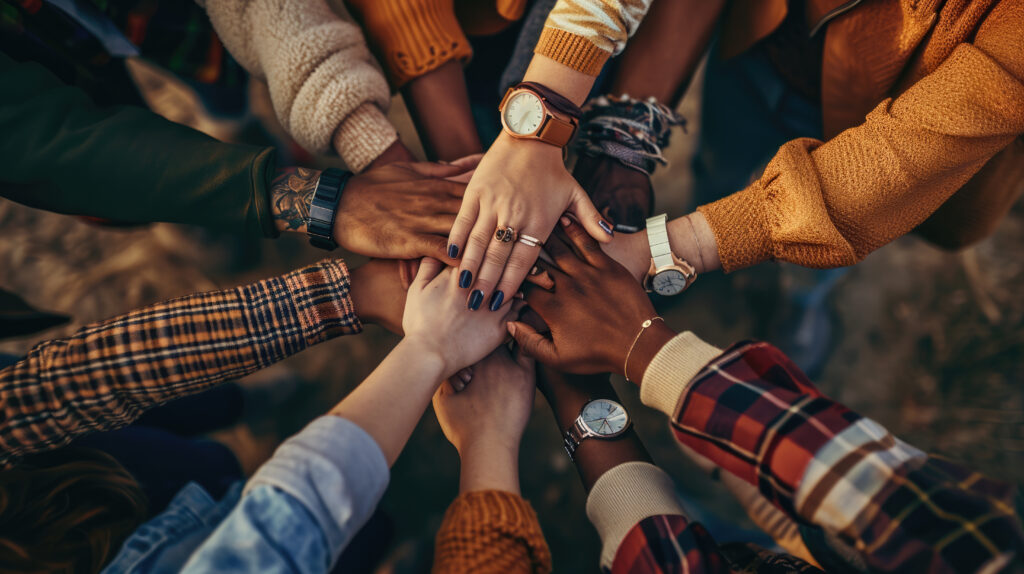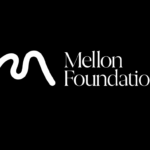Preserving Voices, Experiences of Federal Workers
The OAH has been awarded a $852,000 grant from the Mellon Foundation to support its Federal Employees and Contractors Oral History Project (FECOHP), a groundbreaking initiative to document the voices and experiences of the federal workforce impacted by the unprecedented job losses and agency disruptions that began in January 2025.
Every day, federal employees and contractors quietly shape the nation’s history by drafting policies, managing crises, and keeping essential services running. The FECOHP seeks to capture the institutional knowledge, personal experiences, and civic contributions of those who have served the American public. Over the next three years, the project will collect hundreds of oral histories and build a digital archive accessible to researchers, educators, policymakers, and the general public. These oral histories preserve the voices behind the work, so that future generations can understand not just what the government did, but who made it happen.
“This project will preserve history in real time and safeguard the lived experiences of federal workers who served during a time of profound change in the United States,” said Beth English, Executive Director of the OAH. “This vital work will ensure that the stories of America’s public servants at this pivotal moment in the nation’s history are recorded and made permanently accessible as part of the historical record.”
The FECOHP, which OAH launched in February 2025, has already generated strong public engagement, with more than 600 federal employees and contractors expressing interest in sharing their stories. With the Mellon grant, the project, which received generous start-up support from the non-profit Volcker Alliance, is now fully funded.
“We are excited that the FECOHP will have the resources necessary to document and preserve the stories of federal works and contractors who have dutifully served, and continue to serve, the American people,” said Jason Chernesky, FECOHP Project Director and Lead Oral Historian. “Their oral histories will provide valuable insight into government work for the American public in the present and for future generations.”
Interviews will be recorded by experienced oral historians and trained volunteers, with careful attention to oral history best practices, participant security, and long-term preservation. Through the FECOHP website and a designated archival repository, scholars and the broader public will have access to the oral histories and related materials, as well as planned additional content including podcasts and educational tools.


